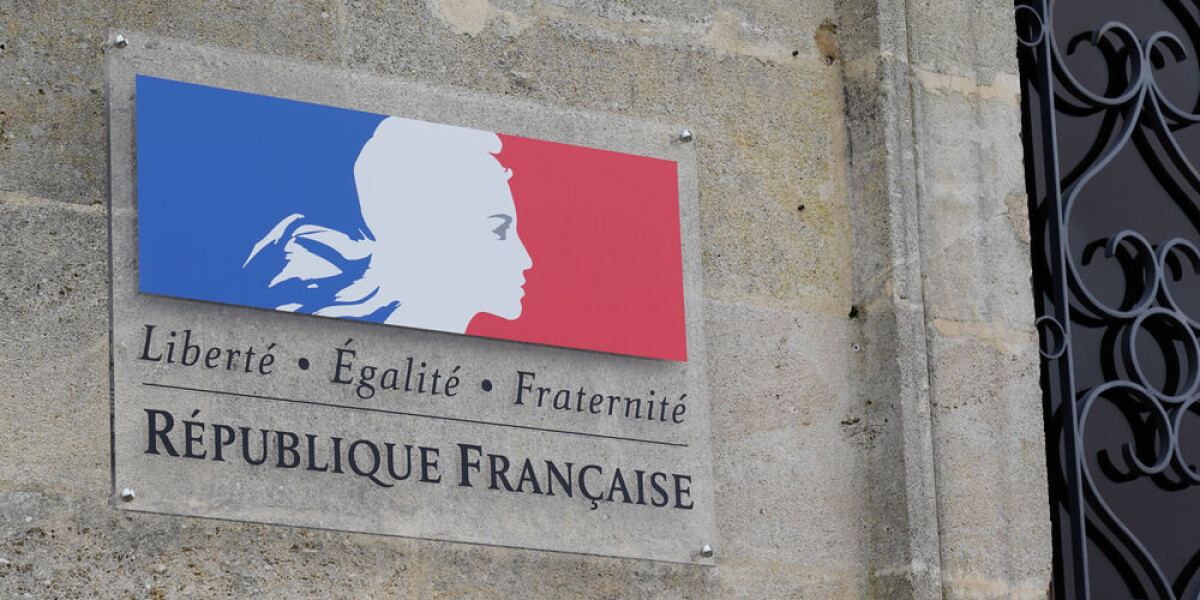
- Select a language for the TTS:
- UK English Female
- UK English Male
- US English Female
- US English Male
- Australian Female
- Australian Male
- Language selected: (auto detect) - EN
Play all audios:
Late last year a scientist at the University of Manchester received a grant from the venerable Cancer Research UK to study cancer immunology. Normally, that news would have raised cheers.
Instead, it raised eyebrows: “Are donors/patients ok with that?” asked watchdog and physician Ben Goldacre on Twitter. The reason for Goldacre’s skepticism? Silvia Bulfone-Paus had 13 papers
retracted for image manipulation in 2011 — scientific misconduct that, at least in the United States, could well have earned her a lengthy ban from government funding. Indeed, Bulfone-Paus
received a similar ban that year from a funding body in Germany, where she was working at the time. Given the competitive nature of science funding, one person’s successful grant application
is another person’s rejection letter. Of course, Bulfone-Paus may conduct stellar, unimpeachable research with the new money. And scientists who commit misconduct deserve to earn a living.
But whether that is through publicly funded research is the question. (Helping other scientists write federal grants, as one fraudster was found to be doing, should probably also be off the
table.) If so, are there ways to keep them from falling off the wagon? Well for starters, here’s how the organization funding Bulfone-Paus answers those questions. We asked CRUK if they knew
about Bulfone-Paus’s history of retractions, and if so, whether it factored into the group’s decision. The organization told STAT they are “satisfied that the grant application was robustly
peer reviewed.” David Scott, the organization’s director of discovery research and centers, said that it’s the responsibility of host institutions to undertake due diligence, and CRUK has
confidence in the processes at place at the University of Manchester, which they’ve funded before. Bulfone-Paus is not the only example here. Naoki Mori, a cancer researcher in Japan lost
his academic position at the University of the Ryukyus in a scandal over image manipulation that led to 30 retractions and a publishing ban from the American Society of Microbiology. Mori
sued successfully to regain his job and is now publishing again. We often hear from commenters that anyone who commits misconduct should have a lifetime ban on receiving grants. Given the
hypercompetitive funding environment for science, one can understand that position. But if you think that’s too draconian, are there ways to mitigate the risks to funders that their money
won’t be wasted on yet more fraud? Can, in other words, the black sheep of research be rehabilitated? Perhaps. James DuBois, of Washington University in St. Louis, has been running a rehab
program for wayward scientists, most of whom have lost their research privileges. The Professionalism and Integrity, or PI, Program (which formerly was called RePAIR), has trained 39
researchers from 24 institutions. Participants pay $3,000 for the three-day course, which also has received $500,000 from the National Institutes of Health. The PI Program has generated some
interesting data about the sorts of people who commit misconduct. Psychological evaluations they complete before arriving at the course show them to be high achievers but low scorers on
measures of “compliance-related talents, such as focus, discipline, and consistency,” according to the authors. A “slight majority” of the 39 enrollees to date have been foreign-born — which
makes their proportion in the program roughly double what would be expected, given the demographic makeup of the science workforce is in the United States, according to the organizers.
DuBois and his colleagues have seen promising changes in the attitudes about ethical science among those who’ve taken the course. “Following the workshop, our participants demonstrate more
positive attitudes toward compliance, improved problem-solving skills and better lab-management habits,” they report. “In our view, intense, individualized training following a breach can be
remarkably effective. And it is unquestionably much more cost-efficient than letting problems fester until even bigger problems arise for investigators and institutions.” Still, they
haven’t tested whether participants end up committing less misconduct when they return to their labs — the true acid test of any rehab program. DuBois tells STAT that in yet-to-be-published
data, they’ve found differences before and after the course in decision-making skills and self-reported behaviors. But showing that it prevents misconduct is more of a challenge, DuBois
says, because so many investigations are kept confidential. The St. Louis intervention has another major caveat: It hasn’t worked with hard-core data fabulists and other perpetrators of
serious misconduct. Most of its trainees have been people with poor records of supervising junior lab workers, unwitting violations of regulations and, in a few cases, plagiarism. And that
makes a difference. Our own poll of more than 200 Retraction Watch readers found that roughly half of respondents believe researchers who slip up should be offered rehabilitation, but only
for minor infractions. About 28 percent say yes, no matter what the offense — in other words, the vast majority give at least a qualified thumbs-up for rehab, while less than a quarter say
no, not ever. Maybe our readers could be a bit more charitable. After all, the PI Program’s implicit mantra is “there but for the grace of God.” “Our experience with the course has made us
more compassionate to the participants, and more cautious about our own behaviors,” they write. “The message that we want to send is this: unless you are careful, it could happen to you.”



